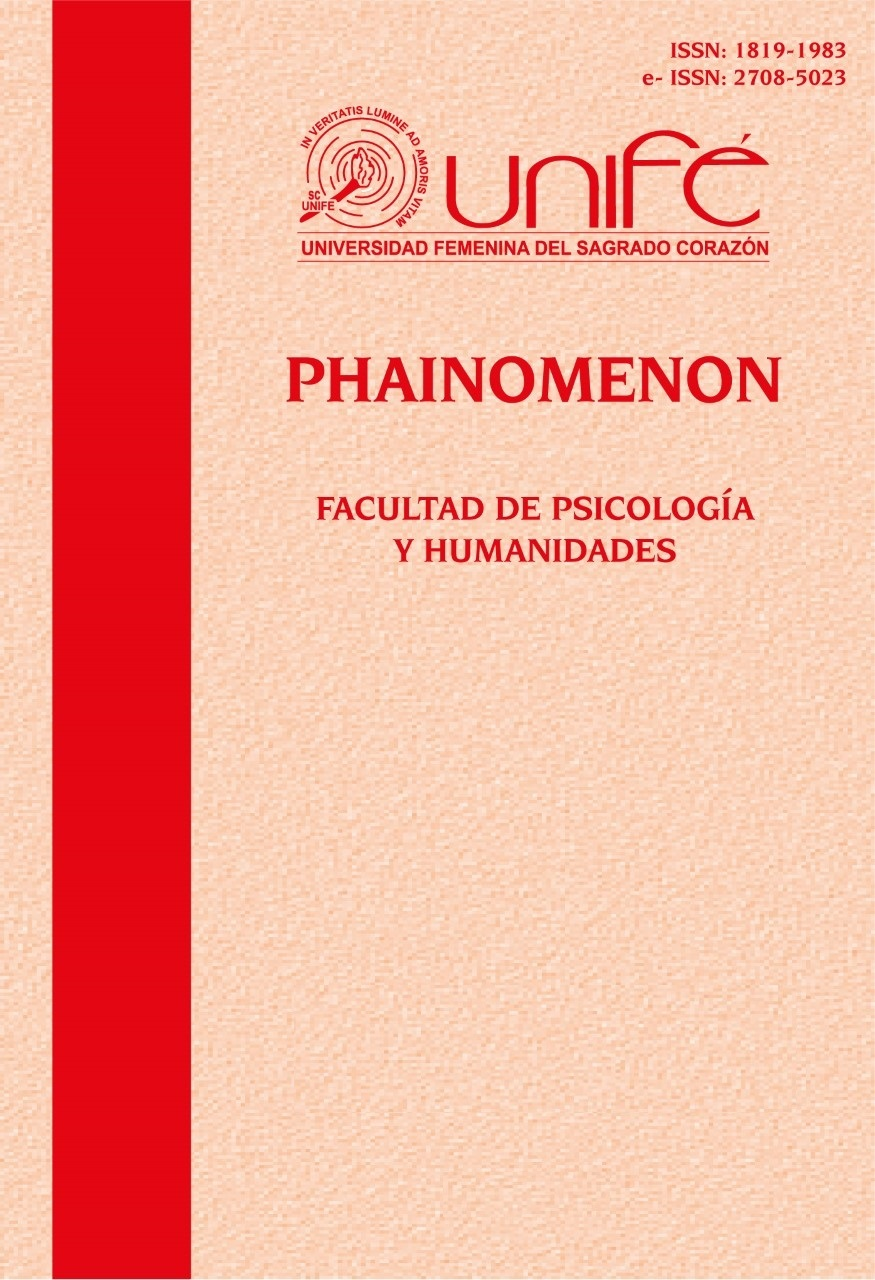The Place of Virtue in the Knowledge of Natural Law: From Thomas Aquinas to Dietrich von Hildebrand
DOI:
https://doi.org/10.33539/phai.v21i1.2542Keywords:
Natural law, narrative perspective, virtue, moral knowledge, value blindnessAbstract
In this work, starting from the Thomistic thesis of natural law as the work of reason, the question of knowledge of natural law is addressed. In particular, the place of moral virtues in such knowledge is examined. In this regard, a question arises. On the one hand, the ability to know the content of the natural law seems to depend on the possession of a virtuous life. But, on the other hand, one has the impression that the acquisition of moral virtues depends on the knowledge of moral good. Thus, a supposed circularity arises between virtue and knowledge of natural law. As a solution, Hildebrand’s thesis is postulated, according to which the moral being has priority over the moral knowledge but emphasizing that it is only a question of the precedence of a certain degree of the virtuous being (the reverent attitude towards values) which is indispensable for consenting to a certain degree of moral knowledge (the general apprehension of good value and bad disvalue).
Downloads
Downloads
Published
How to Cite
Issue
Section
License
Copyright (c) 2022 Gustavo Zamudio Morales

This work is licensed under a Creative Commons Attribution 4.0 International License.






